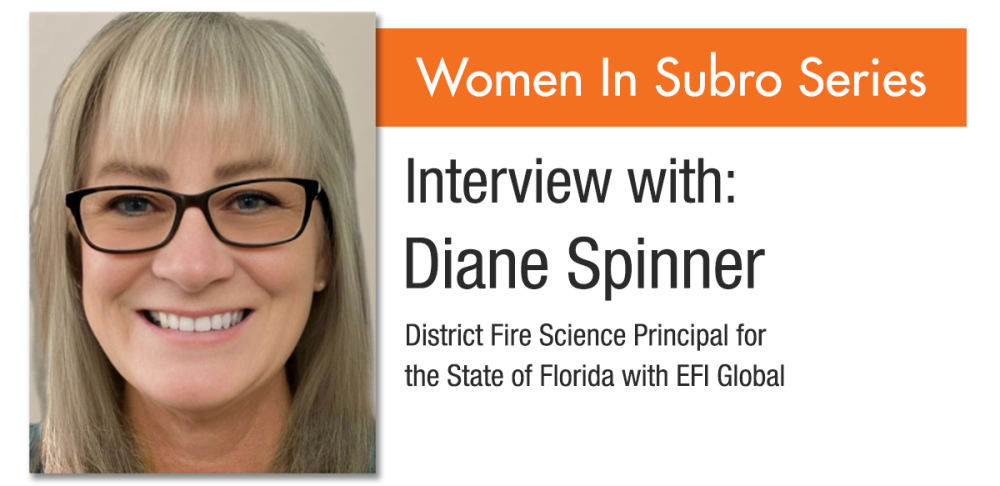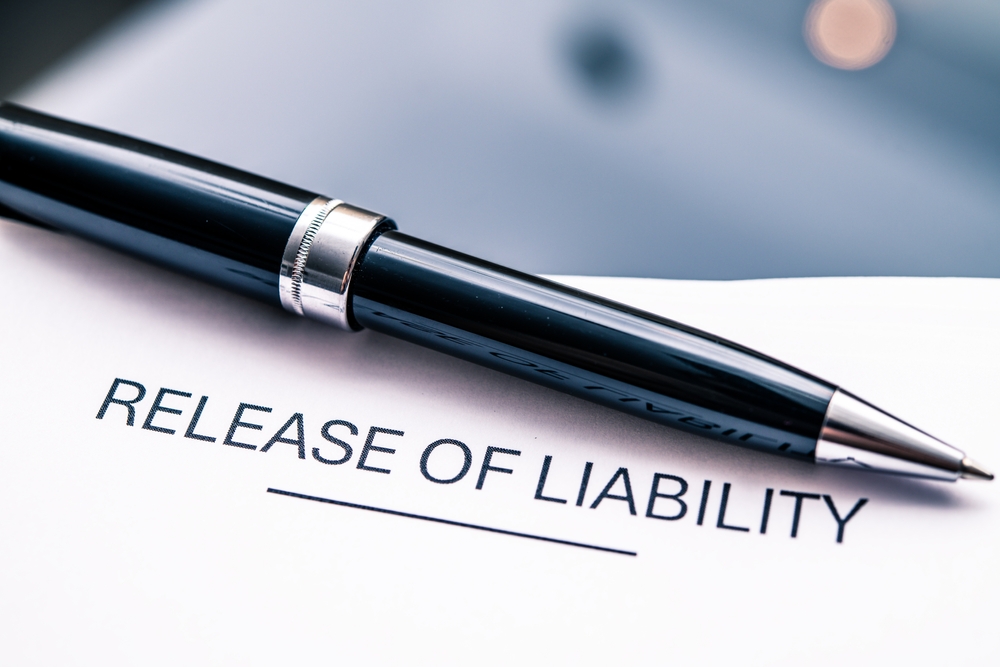This Women in Subro blog series highlights powerhouse women in the industry while discussing leadership, management, and success in subrogation.
In our interview with Diane Spinner, District Fire Science Principal for the State of Florida with EFI Global, we learned that some people are just born for fire service, and Diane is one of them. After graduating high school, Diane was a dispatcher for the fire and police departments. She had always wanted to be fire investigator and was really interested in the bomb and arson squad. While working full time, Diane put herself through the police academy. She then started with the Palm Beach County Sherrif’s Department, moved to Palm Beach Fire-Rescue, and then was deputized into the Bomb and Arson task force. After 10 years on the force, Diane moved into private fire investigation with Fire Cause Analysis, and has now been with EFI Global for 14 years.
She just finished her Bachelor’s Degree this past summer in Business Administration to assist with business development and her managerial role of the fire investigation team in Florida. Shout out to Sedgwick for covering the full cost of her higher education.
In addition to Diane’s service, her whole family is in the fire service. Her husband retired as an arson investigator from the Contra Costa County Fire Department. Her son is a firefighter, and her daughter has a degree in terrorism and insurgency.
Q: Are you doing your childhood dream job?
A: Yes, for sure. This is something I was always interested in and it feels like something I was destined to do.
Q: What is your role in subrogation?
A: I work mostly for insurance companies and some private entities to investigate a fire loss and look for hazards. In the whole scheme of things, I can be the person that identifies a product that failed then gets recalled, and that investigation and subsequent recall ends up saving someone’s life. There is a possibility, through our work, of preventing a tragedy in the future by identifying an issue that was previously overlooked.
Q: How do you describe subrogation to friends and family?
A: Two examples are when we can identify a failed product or a contractor who did faulty work. The insurance company pays the property owner for the damages, then the insurance company tries to recoup those damages from the at fault product manufacturer or contractor.
Q: Do you have an exciting subro story to share?
A: Usually, it is the same thing over and over again. But I recently had a case involving a stove fire. From the investigation, we knew this was a range fire, but could not figure out how the stove turned on. No one was cooking at the time of loss. In past cases, the homeowner’s pets would get up on the counter and turn the burner knob. Sometimes you could see the cat running away from the scene. Here, a cat was not the culprit, so we held onto the stove as evidence and awaited the decision from the client carrier to close the file. The very next day, a recall notice was announced for this exact stove.
I always remind property owners to report faulty products. Maybe we couldn’t prevent this loss, but we can try to prevent one in the future.
Q: What is the hardest part of your job?
A: Seeing the destruction and trauma of people’s lives. The emotional part can be very difficult.
Q: What is the most rewarding part of your job?
A: Determining the cause of a loss and providing some closure to a property owner. There can be so many unknowns; at least sometimes I can provide an answer to one unknown. Then that can give the property owner some hope of moving on and looking to the future.
Q: How have you excelled in the industry?
A: Constant knowledge from training and education. I try to learn something every time I go out to a fire. I learn and progress so that I am better for the next one. I also try to make clients feel comfortable and trust in my expert opinion.
Q: Do you have any tech tips for workplace efficiency?
A: I use Smart Draw and take good notes. I also started to integrate AI to help me understand concepts or get a better grasp on complex issues. One example is asking AI to explain thermal dynamics to a 3rd grader. It can be a useful tool in that way. Social media has also become part of my investigation.
Q: Are you usually the only female in the room?
A: Yes! For a long time there has not been a lot of women in my roles as police officer, bomb and arson task force member, fire investigator, etc. I rarely see another female at the scene and sometimes have to announce that I am not the clean-up/remediation crew. But it is getting better.
Q: What kind of response do you get at loss scenes?
A: The men at the loss scenes are usually wondering what my role is, never assuming I am actually part of the fire investigation team. Sometimes they do not take me seriously or they lack confidence in me. But then I will kill it in the investigation, write an amazing report, etc.
Q: What is something you would like your male counterparts to know about working in the industry?
A: Treat me like everyone else and not like I am somehow stupid or incompetent just because of my gender.
We thank Diane Spinner for this interview. We recognize that she was born for fire service and appreciate the strength and determination of Diane and her family to serve in these roles.
Stay tuned for the next post highlighting another prominent subro leader.






